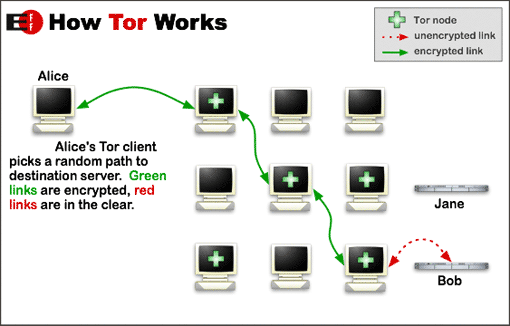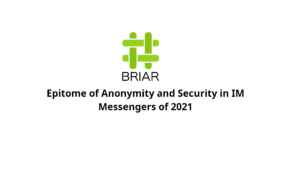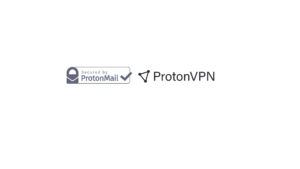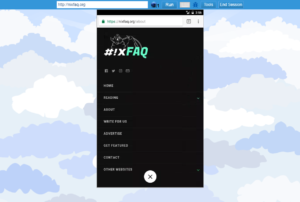How to deal with being anonymous in web? With governments and social sites already tracking you, it becomes important to preserve your anonymity online. This page deals with the concept of staying anonymous online and also about Tor project, how it works etc.
This is a guest post by Jenny Florence who is a full time professional write. If you would like to write a guest post for us, have a look at this page.
Online anonymity is a big issue across the globe at the moment. In many places such as Iran and Egypt it has helped to protect ordinary people while they organize and protest against the political regimes that oppress them. In these situations, most democratic governments have been very supportive and have spoken strongly in favor of an anonymous worldwide web. However, the situation seems to change when the problems and demonstrations are closer to home.
In Britain, for example, there were several days of continuous riots last year in major cities across the country, which interfered with freedom of movement in the affected areas and in many cases prevented food, fuel and pallet delivery. Britain’s Prime Minister was even reported at one point as saying the government should have the right to close down social networks and communication systems such as Blackberry Messenger which he believed were being used to help organize the riots.
There were also suggestions that the Chinese government might be consulted for advice on how to filter and track down subversive and inflammatory comments. It sometimes seems that Western governments have one rule for non-Western societies and another for themselves.
Anonymity – a right or a provocation?
Recently, and again in the UK, it was announced that the same government is now planning a system which, in real time, would track all emails, web usage and messages sent via services such as Skype and Facebook, as well as other communications which used social media networks such as Twitter. The objective, say the government, is to protect the British people against organized crime and terrorism. It argues that anyone who wishes to remain anonymous must by definition be up to no good.
Is the desire to be anonymous a right, then, or simply a provocation? Do we have the obligation, in a modern society, where democracy is properly secured and the rule of law operates, to be open about everything we do? Or can we still maintain a degree of privacy in relation to the people we email, the online chats we exchange, the video conferences we hold and the thoughts we write down on our computers?
Preserving your anonymity the open source way
Whether you believe it’s right or wrong to want to preserve your online anonymity, to be honest it’s not very difficult to find the tools. One of the best tools you can use is bundled around what is called the Tor browser. You can see how it works in the diagram below.
Although the Tor browser is built around Firefox and originally operated on Linux and Windows amongst other operating systems, Tor implementation is now available for the Android mobile operating system. Other implementations such as Gibberbot, an instant messaging service, are also currently being coded.
Tor, as a project, was recently praised in the following terms by the Free Software Foundation’s 2010 Award for Projects of Social Benefit: “Using free software, Tor has enabled roughly 36 million people around the world to experience freedom of access and expression on the Internet while keeping them in control of their privacy and anonymity. Its network has proved pivotal in dissident movements in both Iran and more recently Egypt.”
The downsides of anonymity
As already mentioned, while Western governments are happy for dissidents living and working in oppressive regimes to maintain their anonymity while on the web, they’re not always so happy for their own citizens to take advantage of these tools. It’s not always difficult to understand either. If you need to communicate with a foreign journalist and tell them about a terrible thing that has happened in your country, practically everyone would understand the need to remain anonymous. What, however, if the Internet user in question decides to slander or defame an important person, in fact any person, by spreading lies anonymously? Or by downloading copyrighted content? Or by sharing illegal pornography? Or by planning terrorist acts?
The truth of the matter is that wanting to be anonymous is both a right and a responsibility. Perhaps the situation will only ever be resolved when everyone, whether ordinary or famous, feels sufficiently safe and secure to be open about everything they do.
In the meantime, and while there are still anti-democratic movements across the world, anonymity and open source tools like Tor will be needed, used and exploited for good reasons and bad.
Let’s just hope the bad don’t begin to outweigh the good.
Each post takes two days or more of research and three hours of typing to bring out the high quality you see here. If you admire our efforts, consider Liking Us in Facebook. Subscribe to our RSS Feeds, to get alerts of new posts. You can also Follow Me on Twitter






